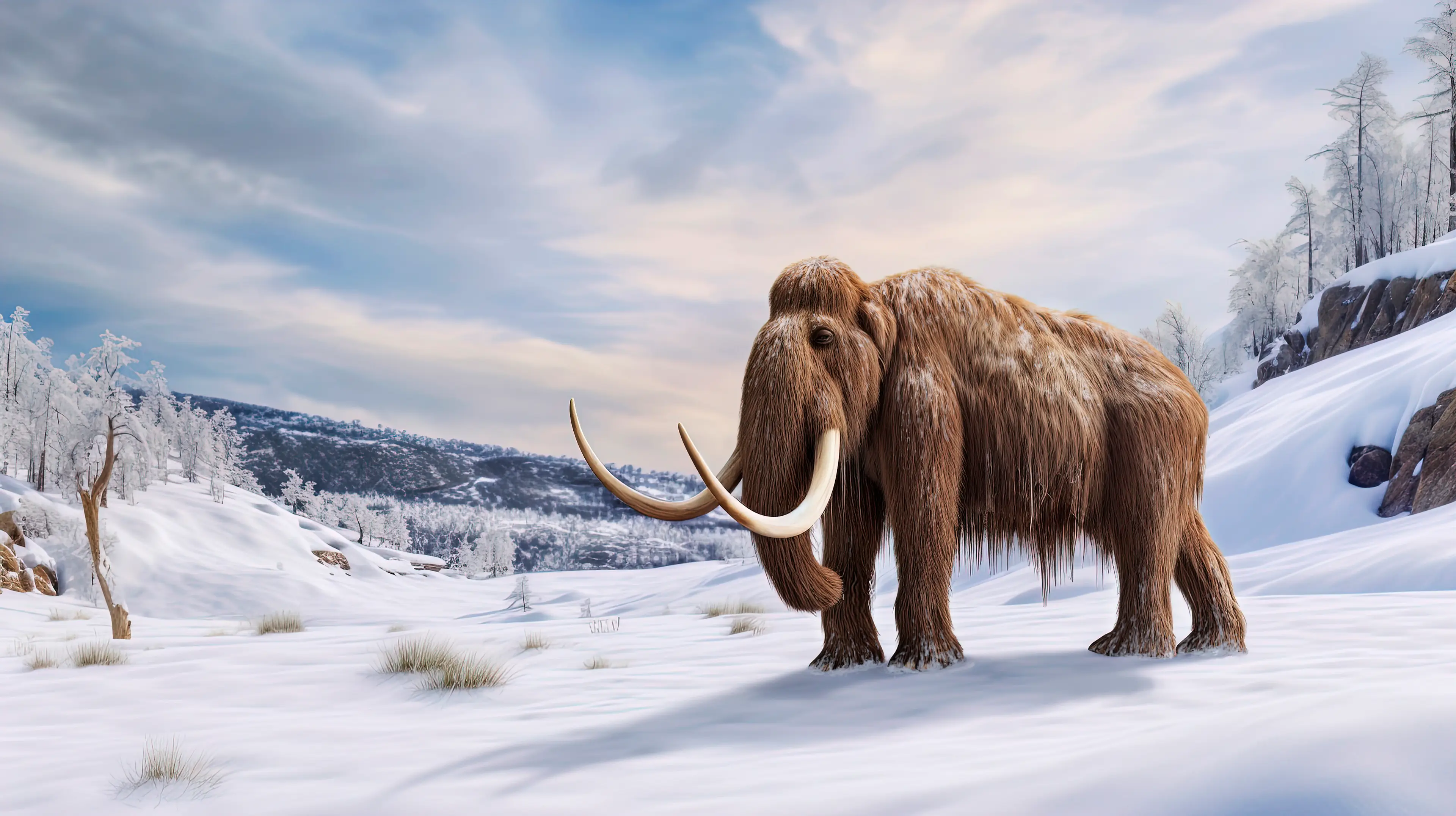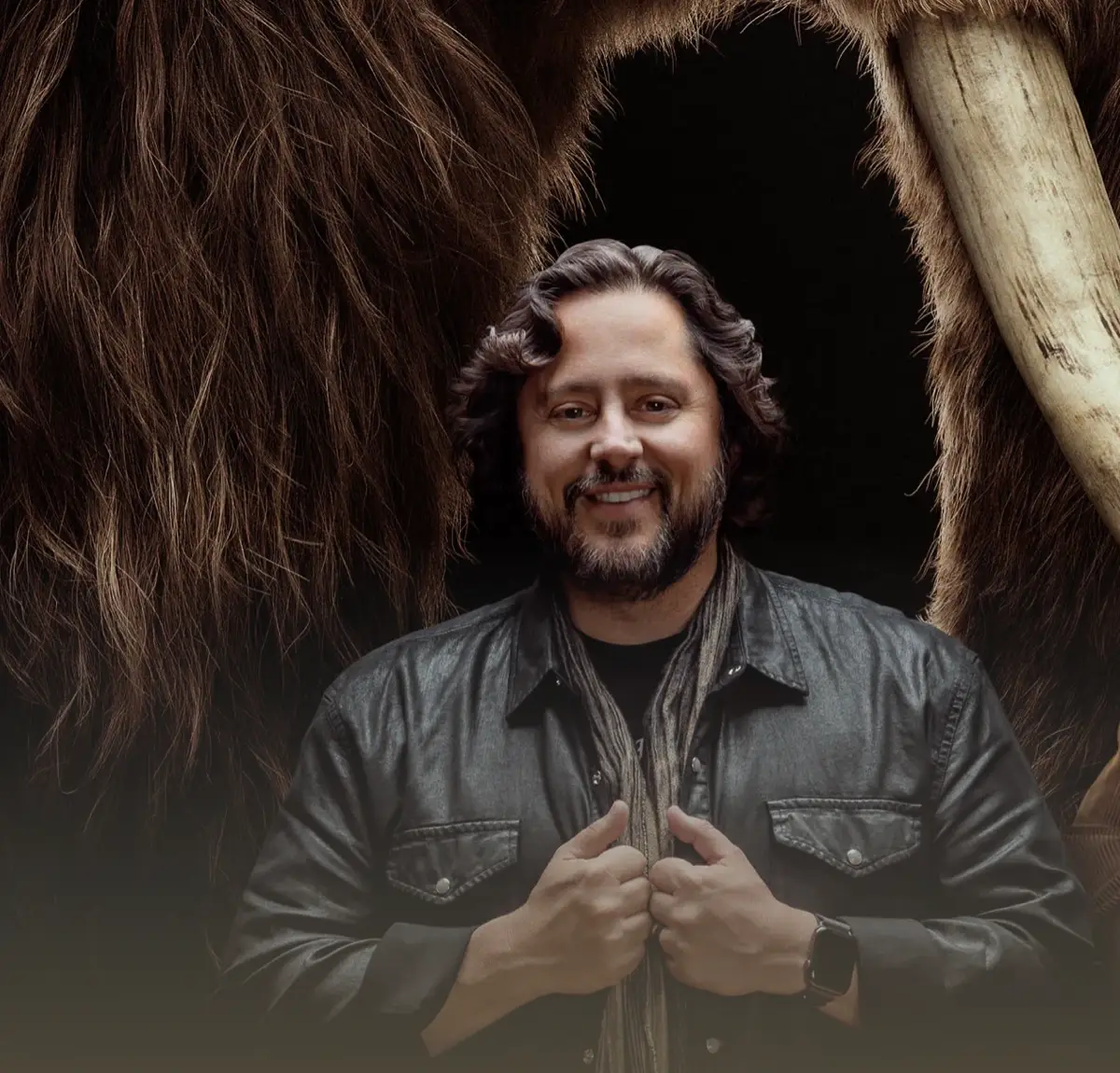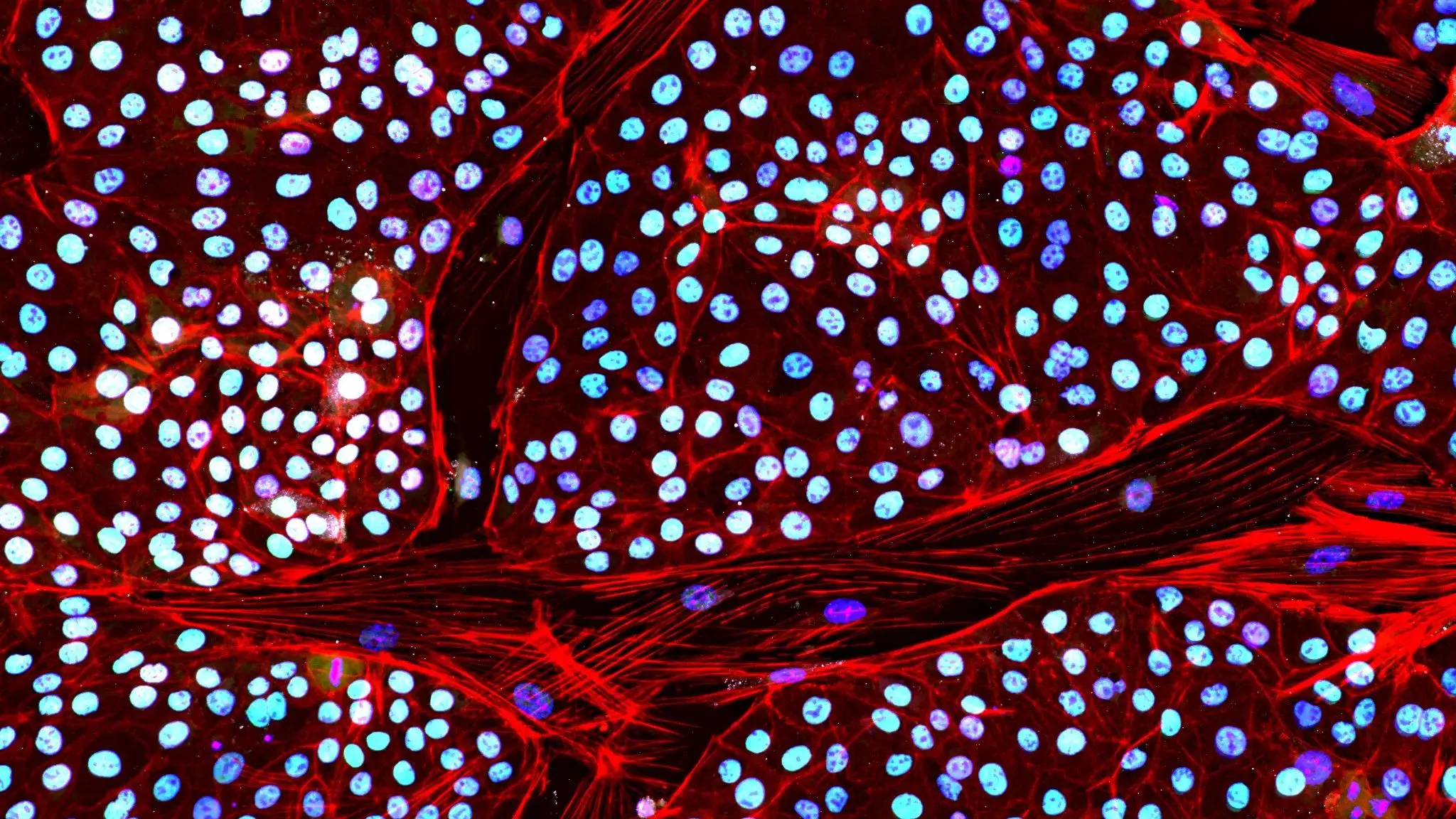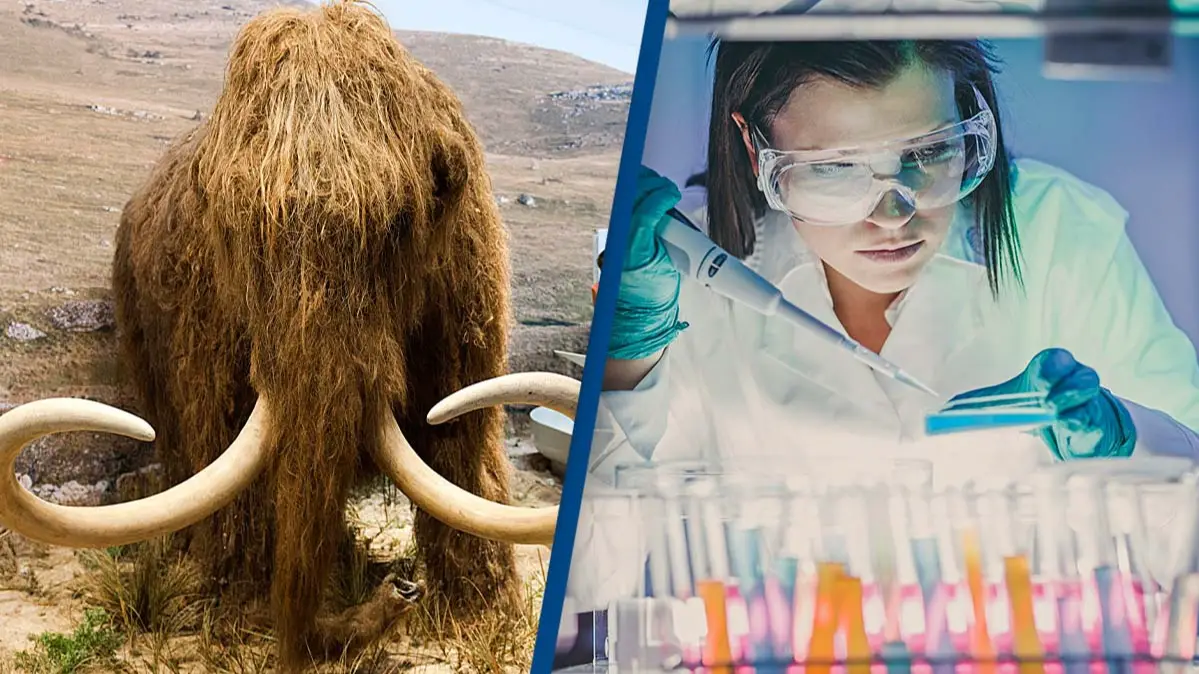Bringing pre-historic creatures back to life using some DNA trickery really does sound like a plot from a Hollywood blockbuster, doesn't it?
Well, film junkies will know it sounds all too familiar - particularly fans of the 1993 classic Jurassic Park.
But it turns out the hope of bringing back pre-historic creatures may soon advance from just being words on a script to real life.
That's because scientists working at Colossal Biosciences hope to reintroduce three extinct species back into our world, including the mammoth.
Advert
While it may sound pretty ambitious, the experts are working for this to become a reality in just a few years - by 2028, to be specific.

As well as the mammoth - which has been extinct for nearly 4,000 years - scientists are hoping to bring back the dodo, and the Tasmanian tiger.
Ben Lamm, chief executive of the firm, told Sky News: "We've got all the technology we need. It is just a focus of time and funding. But we are 100 percent confident [we can bring back] the Tasmanian tiger, the dodo, and the mammoth."
So, how exactly will scientists go about making history?

Essentially, they'll work out the genes that make an extinct animal what it is, and will then replicate those genes using the DNA of a close existing relative.
Lamm added: "It's almost reverse Jurassic Park. In the film, they were filling in the holes in the dinosaur DNA with frog DNA.
"We are leveraging artificial intelligence and other tools to identify the core genes that make a mammoth a mammoth and then engineering them into elephant genomes."
It's not all plane sailing for the experts, however, as they have to work out how to birth a real-life mammoth after obtaining the relevant cells.
They'll apparently get around this by using the womb of an Asian elephant.
Lamm added: "[Each of the] different projects [the mammoth, dodo, and Tasmanian tiger] have different challenges - the mammoth is really around gestation - which is around 22 months.

"The dodo gestation is pretty great - we are using surrogate chickens. The hardest part is cultivating the primordial germ cells."
Away from the lab, there are concerns as to where the newly returned species will live once they are born.
But Lamm says his team are already working with local governments, conservation groups, indigenous people groups, and the public to prepare for a return to their natural habitat.
"Our ultimate goal is to put all the animals we make back into the wild," he said.

